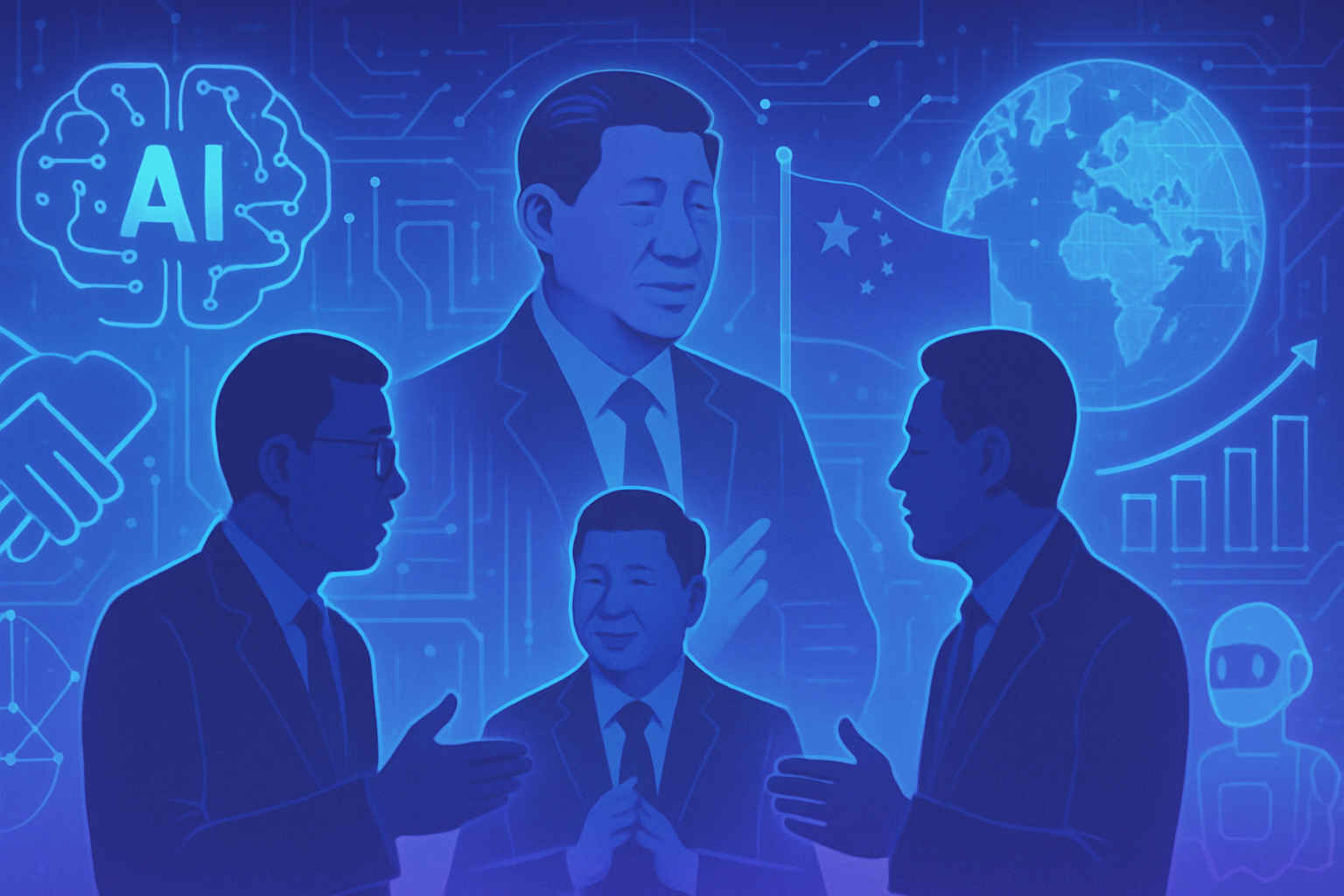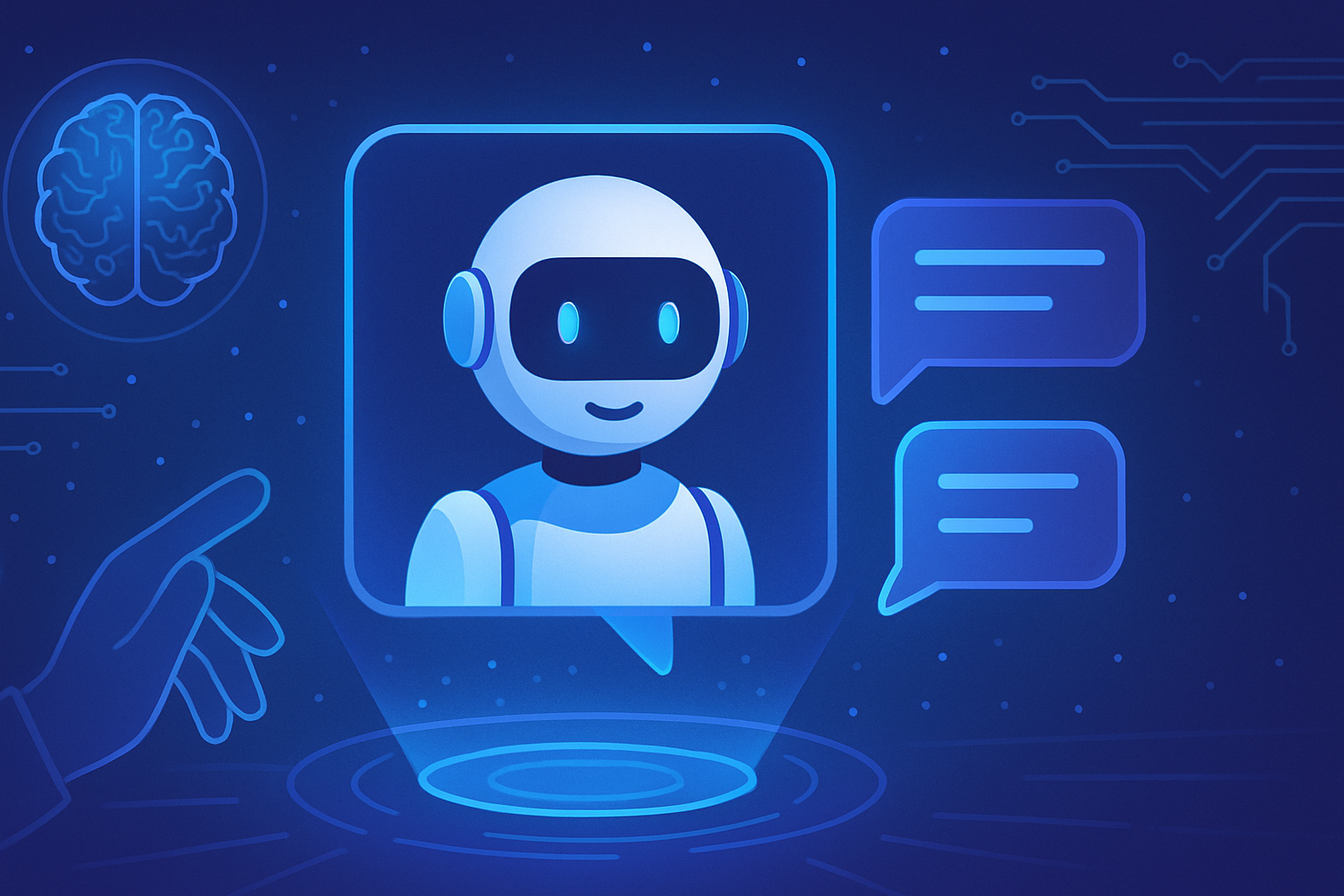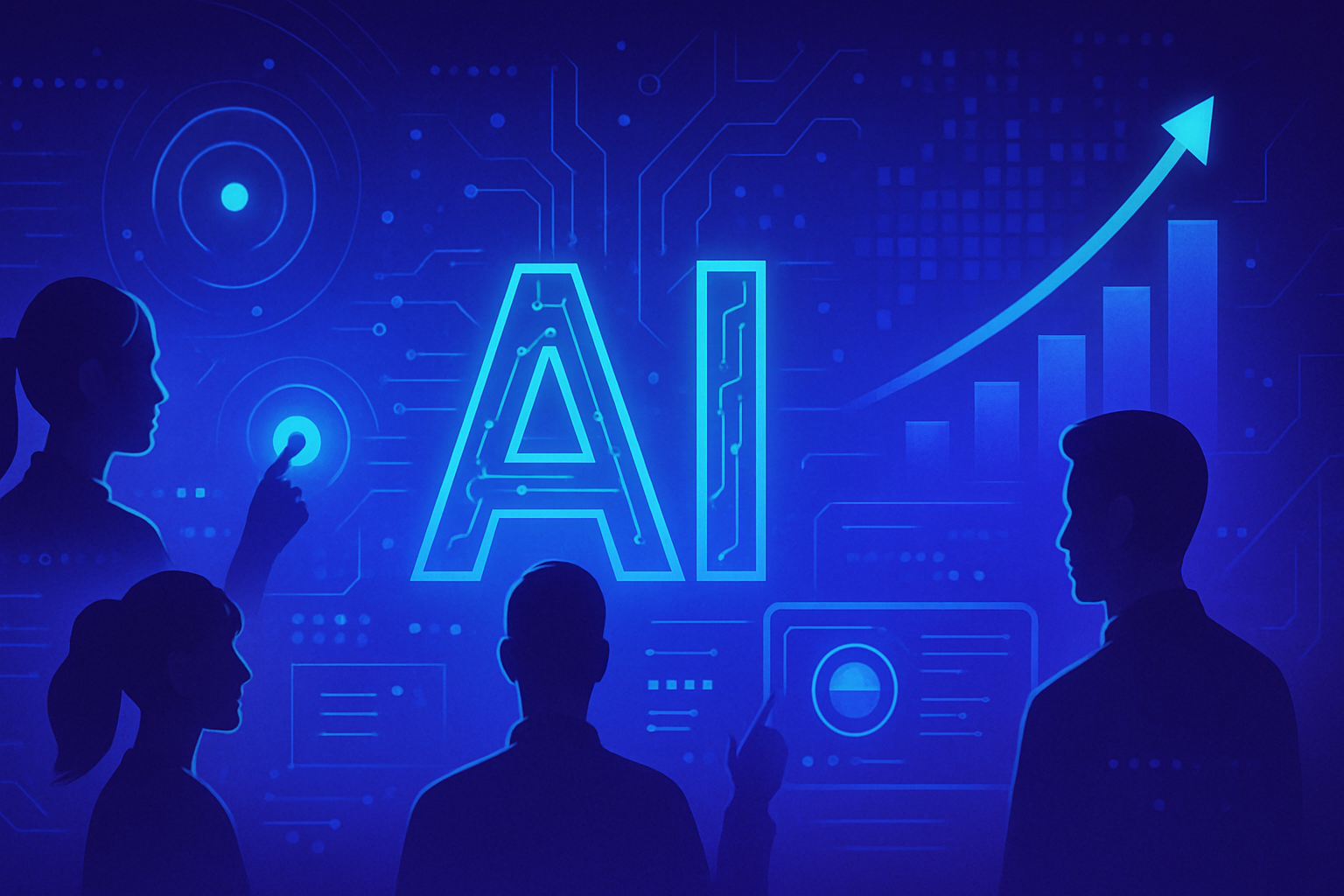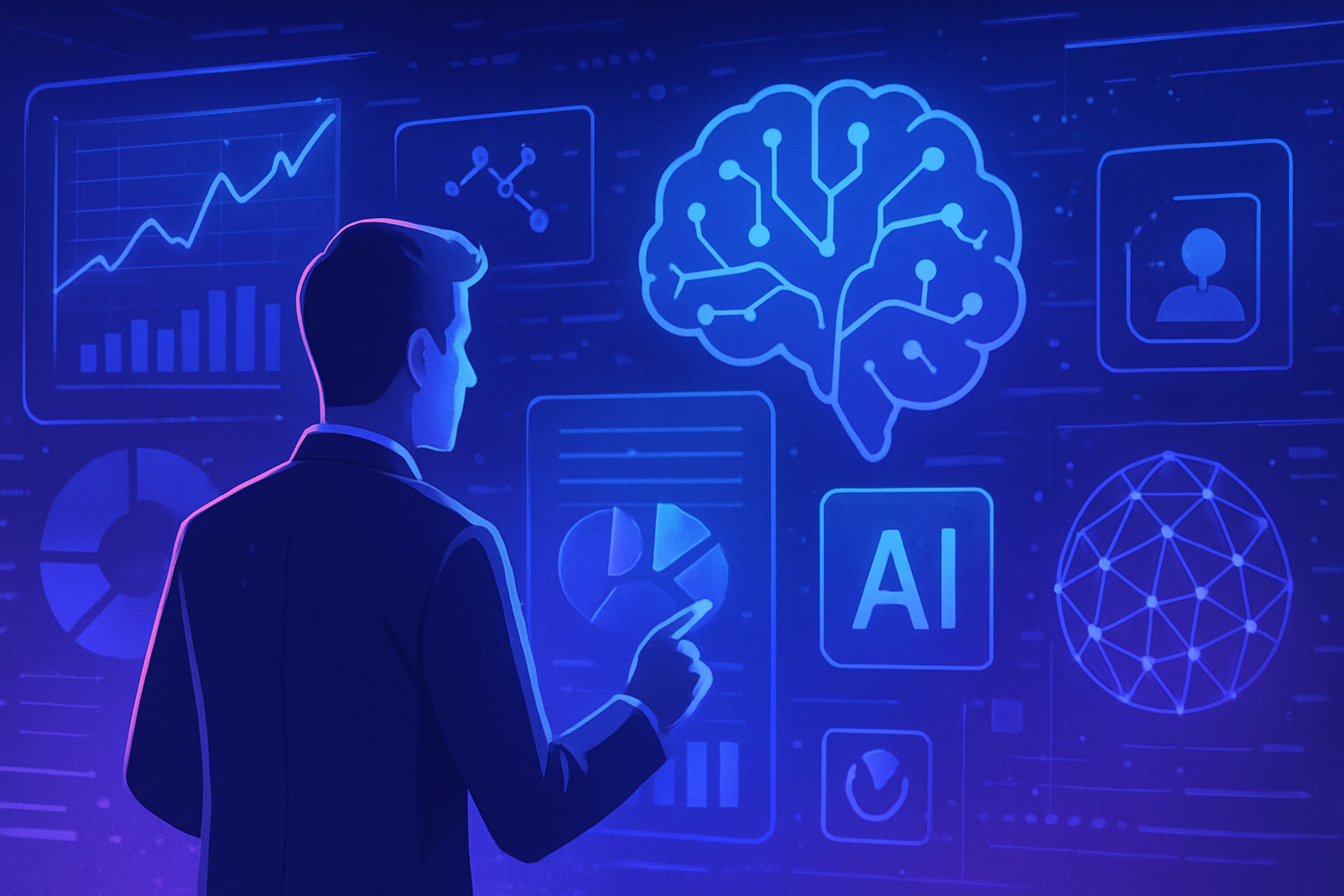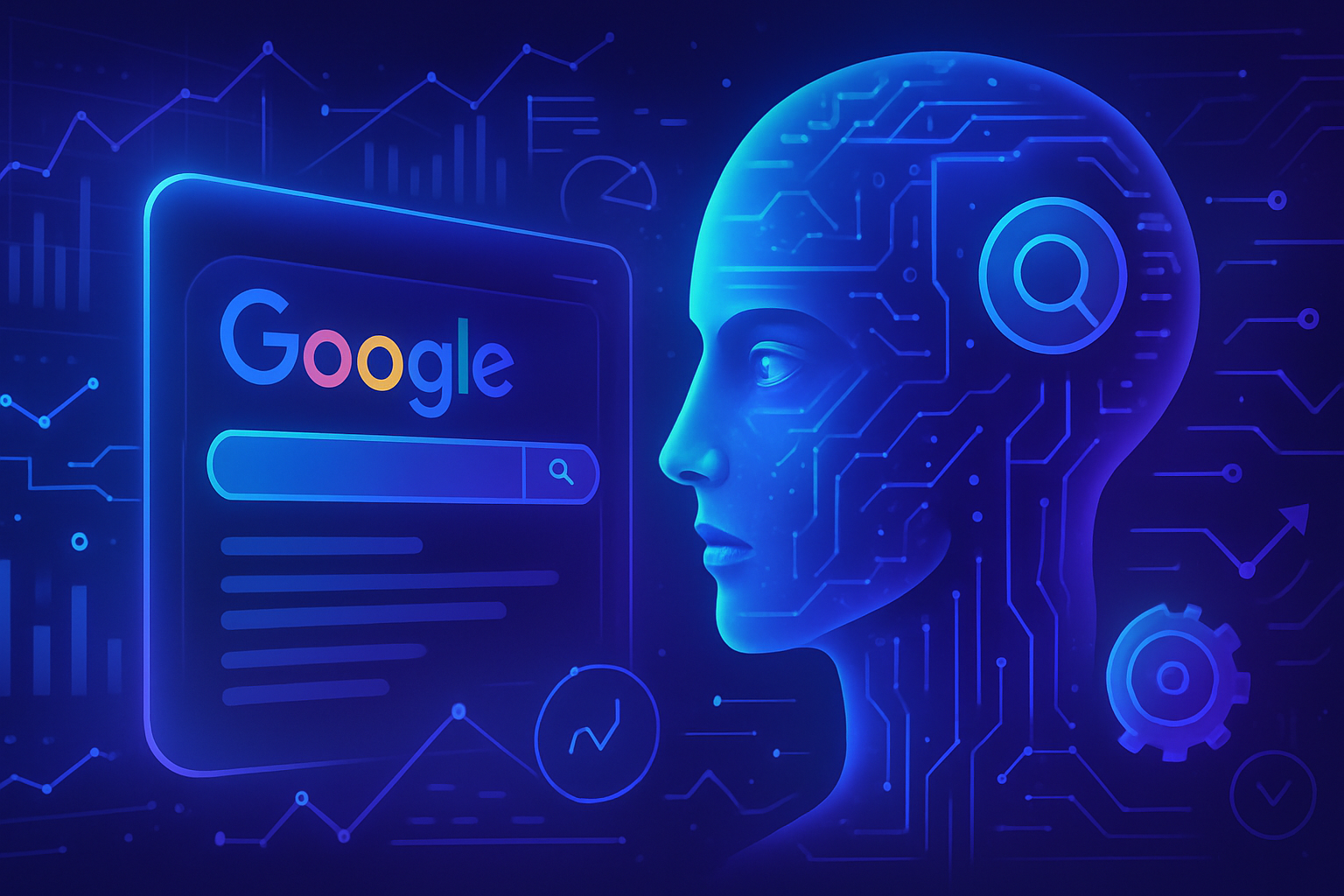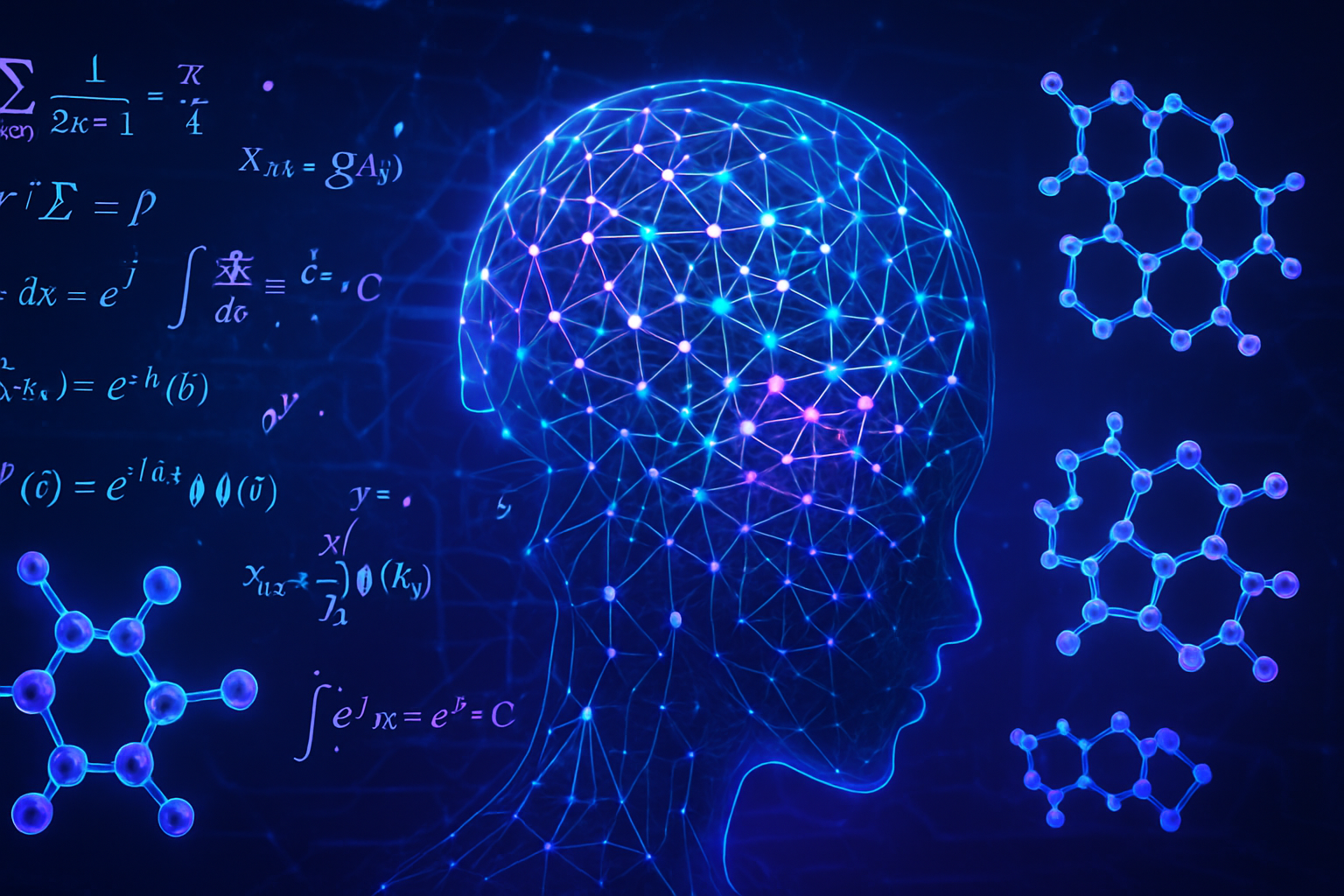The international context demands a strategic reflection on global cooperation concerning AI. Chinese Prime Minister Li Qiang calls for international coordination, confronting the recently unveiled low-regulation Californian approach by the Trump administration. The stakes of this dynamic are framed within a context of technological competition between the two giants, initiating a debate on the secularization of technologies and security. In this light, the necessity for harmonized governance appears as a pressing imperative to guide responsible innovation.
Call for Global Cooperation in AI
Li Qiang, the Chinese prime minister, recently expressed a strong desire to establish an organization dedicated to global cooperation on artificial intelligence (AI). This proposal was made during the World Artificial Intelligence Conference (WAIC) in Shanghai. He emphasized the importance of increased coordination among countries to develop and secure this rapidly evolving technology.
Fragmented Governance and AI-related Risks
Li highlighted that the current governance of AI is fragmented, resulting in gaps in regulations. In light of the challenges posed by AI, he advocated for a globally recognized framework capable of addressing the security issues associated with it. The prime minister warned that the development of AI must be balanced with security considerations.
Reactions to Trump Administration Strategies
Li’s comments came shortly after U.S. President Donald Trump announced an aggressive strategy aimed at reducing regulation in the AI sector. This policy seeks to maintain U.S. dominance in a rapidly evolving technological domain, particularly targeting certain AI models deemed excessively “woke.” These American initiatives raise concerns regarding regulation and accountability in AI development.
Promise of Open-source Development
During the WAIC, Li also clarified that China is committed to promoting the development of open-source AI. He stated that Beijing is ready to share its technological advancements with other countries, particularly focusing on those in development, to foster international collaboration.
Context of Technological Competition
This conference took place against the backdrop of growing technological competition between China and the United States. As the two largest economies in the world, their divergent approaches to AI raise concerns about creating a healthy innovation environment. The export restrictions imposed by Washington, particularly on advanced AI chips, illustrate this tense climate.
Ethical Challenges and Impact on the Technological Landscape
The rise of AI raises serious ethical questions. Concerns range from misinformation to impacts on employment and potential loss of technological control. A recent study highlighted a devastating effect on online media audiences, indicating that AI-generated summaries could reduce clicks by 80%.
Participants and Issues Discussed at WAIC
Leading figures from the industry and policymakers spoke at this year’s WAIC. Among them were Anne Bouverot, the French president’s special envoy for AI, and Geoffrey Hinton, dubbed the “father of AI.” Although Tesla CEO Elon Musk had attended in the past, he did not speak at this event.
The exhibition primarily showcased Chinese companies such as Huawei and Alibaba. The presence of Western players like Tesla, Alphabet, and Amazon demonstrates the international interest in AI development. Discussions at the WAIC highlighted the need to create synergies to address the technological challenges facing the world.
Frequently Asked Questions about Global Cooperation in AI
What is China’s position on global cooperation in artificial intelligence?
China proposes to establish an organization to promote global cooperation in artificial intelligence, urging countries to coordinate the development and security of this rapidly evolving technology.
How does the Trump administration’s low regulation strategy influence the AI debate?
The low regulation strategy announced by the Trump administration aims to cement U.S. dominance in the AI field, raising concerns about international competition and security implications.
What are the main challenges related to AI governance according to Li Qiang?
Li Qiang highlighted challenges such as fragmented AI development, inadequacy of AI chip supply, and restrictions on talent exchange, which could make AI an “exclusive game” for a few countries.
Why are security concerns crucial in AI development?
Security concerns are vital as AI development must be balanced with the risks it poses, such as the use of technology to enhance a country’s military capabilities.
What is China’s role in the development of open-source AI?
China is committed to promoting the development of open-source AI and is ready to share its advancements with other countries, particularly those developing in the Global South.
How is the technological competition between China and the United States unfolding?
The technological competition between China and the United States is intensifying, with AI seen as a key battleground, particularly due to export restrictions imposed by Washington on advanced technology to China.
What types of participants can be expected at the World Artificial Intelligence Conference?
The World Artificial Intelligence Conference attracts industry leaders, policymakers, researchers, and investors, bringing together major players and tech companies from various regions.
What are the ethical risks associated with the increasing use of AI?
Ethical risks include the spread of misinformation, the impact on employment, and the potential loss of technological control, necessitating an in-depth debate on their management.
